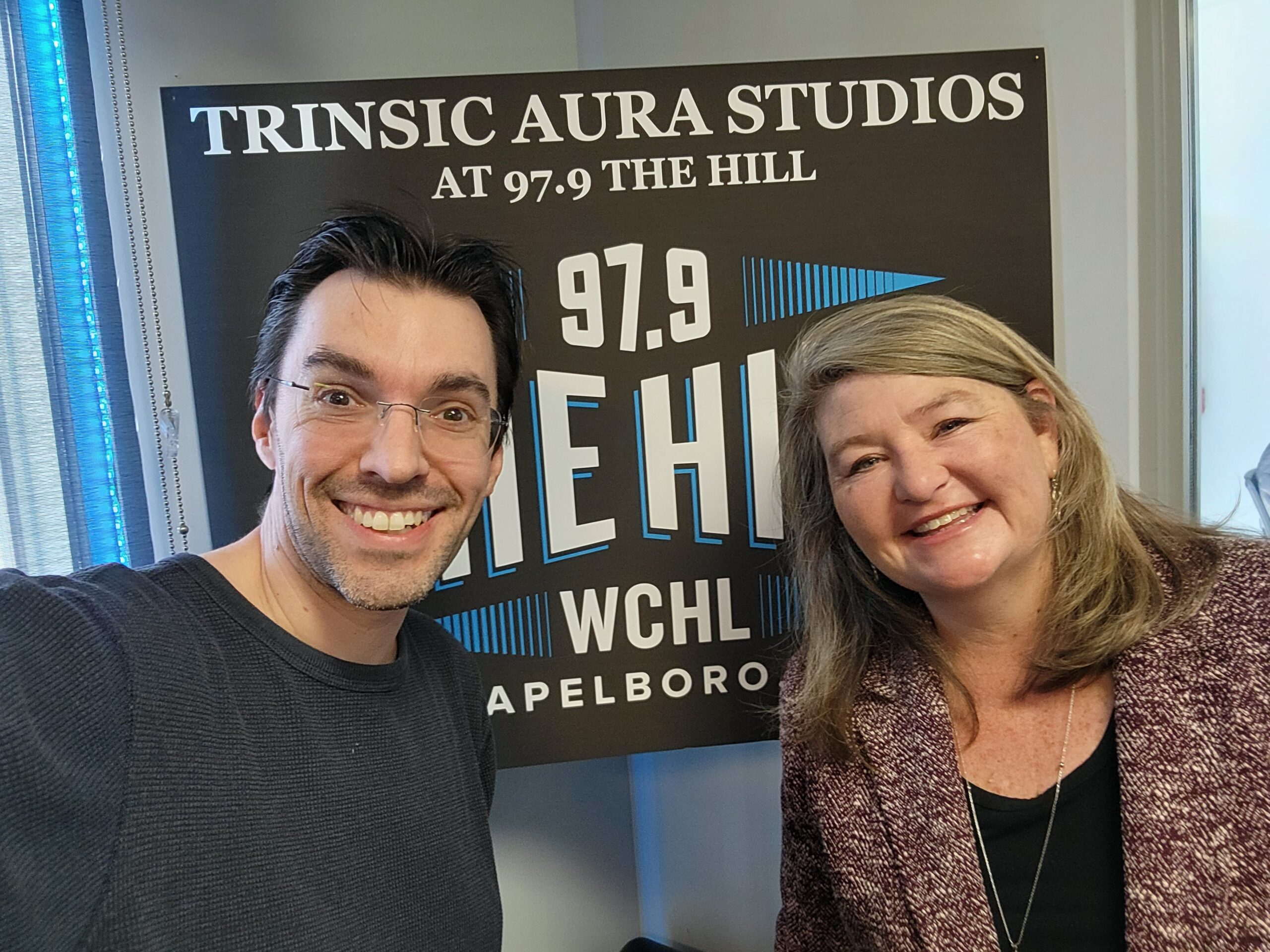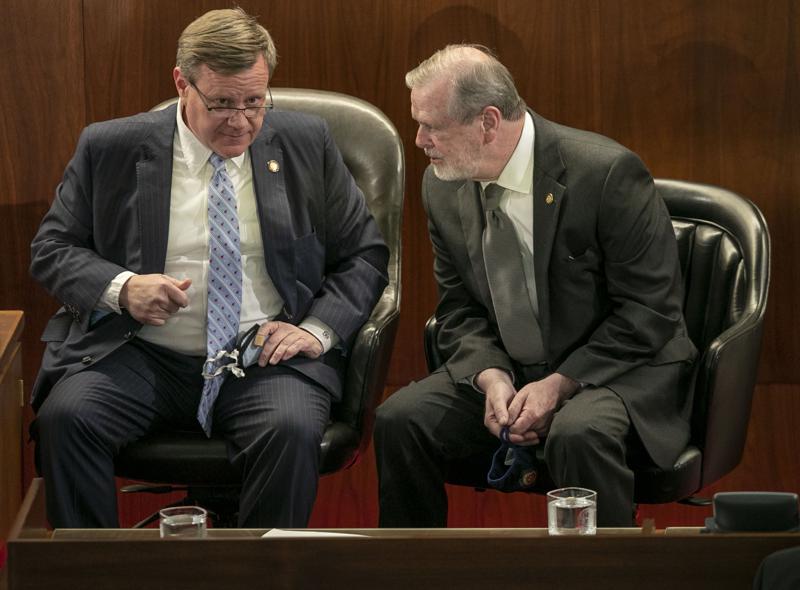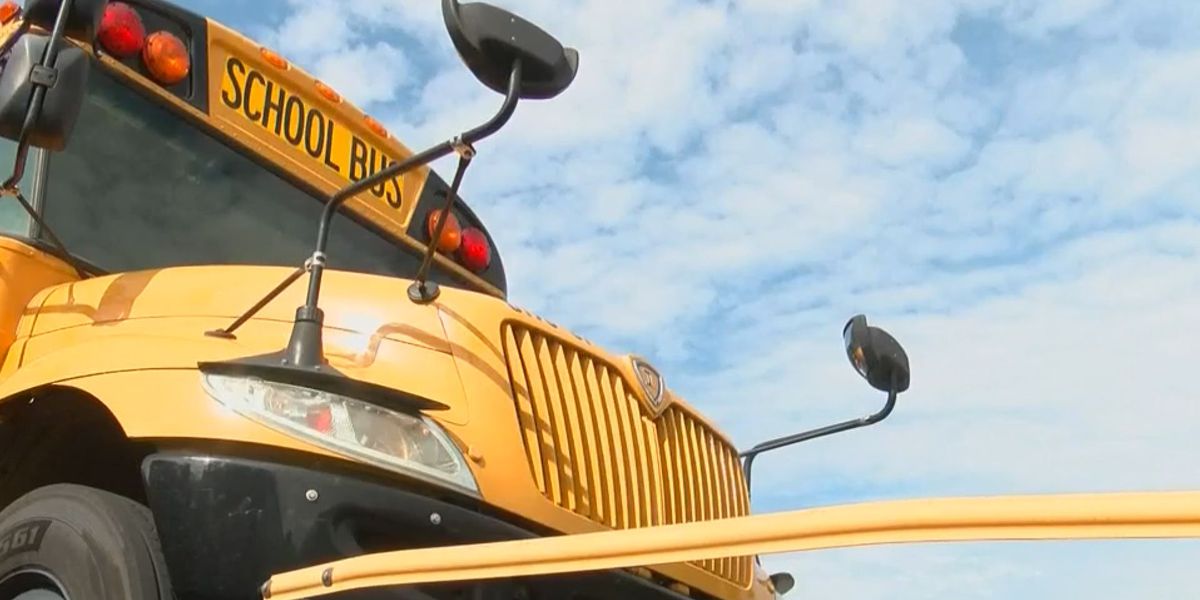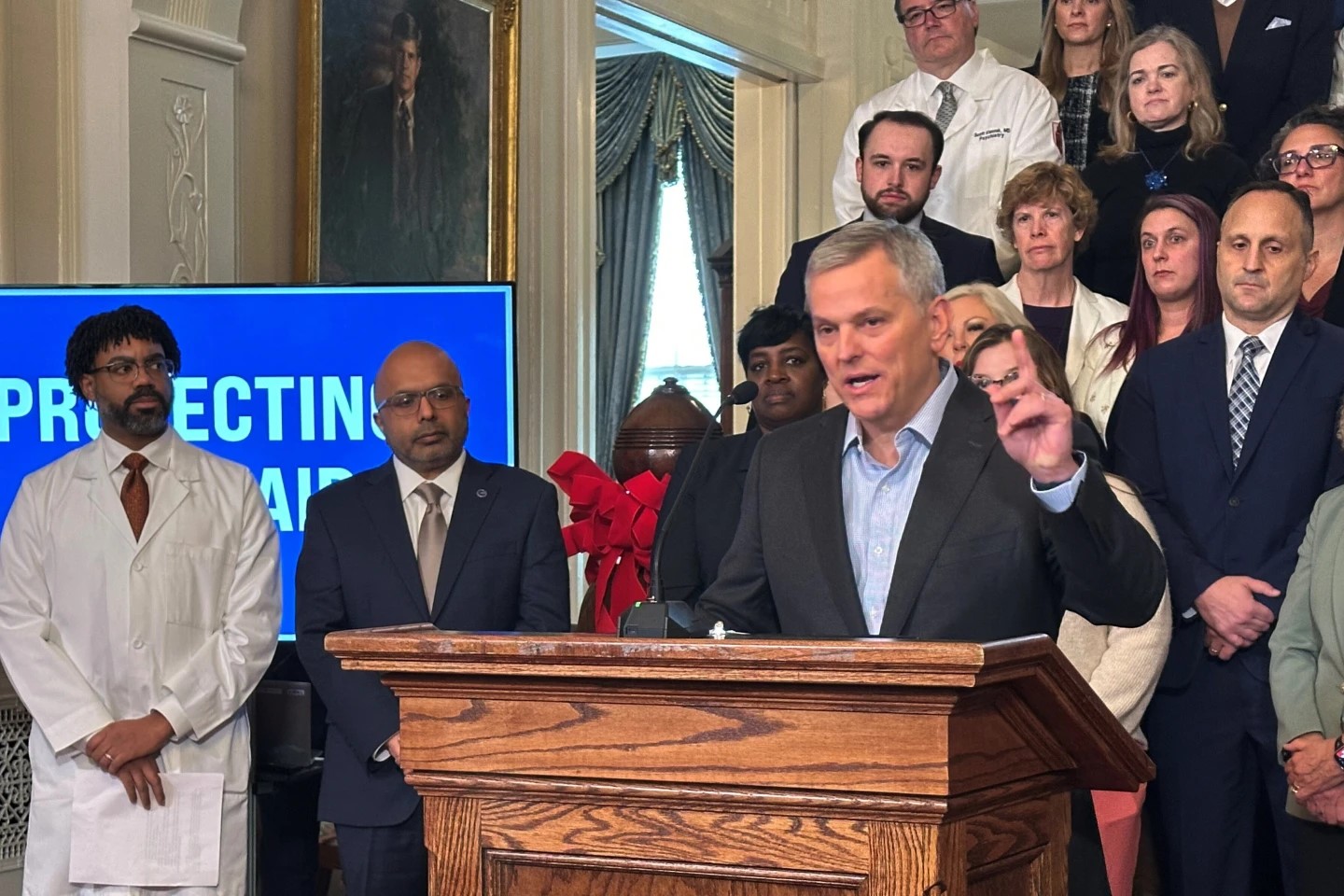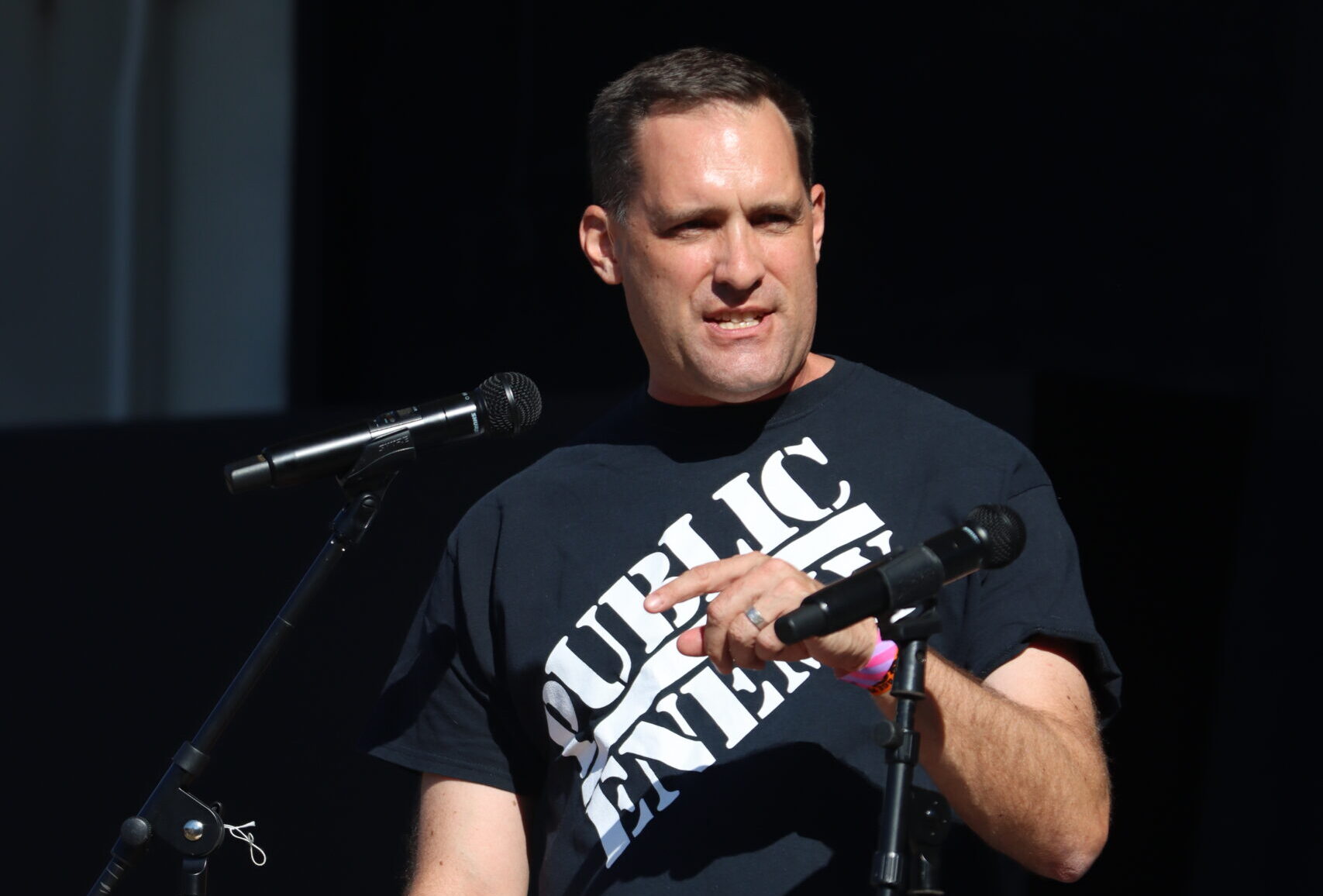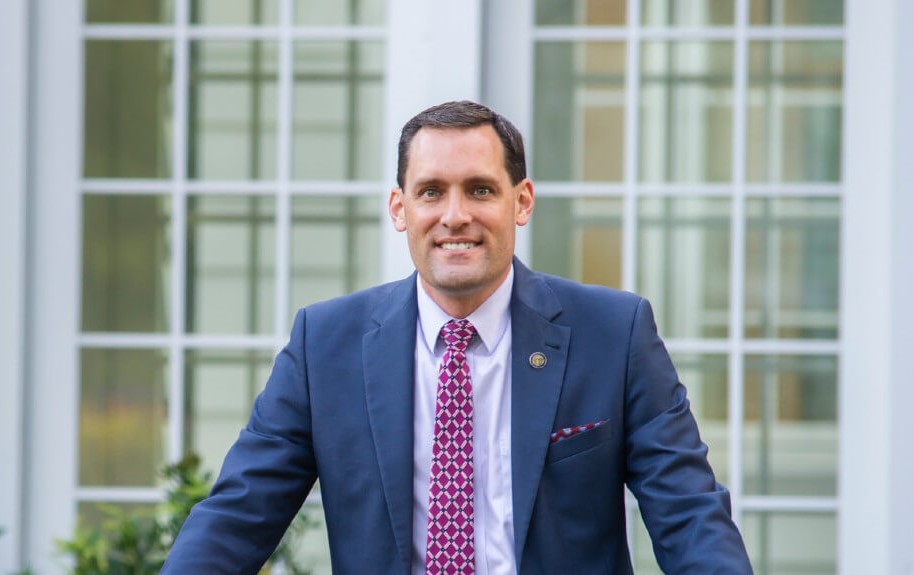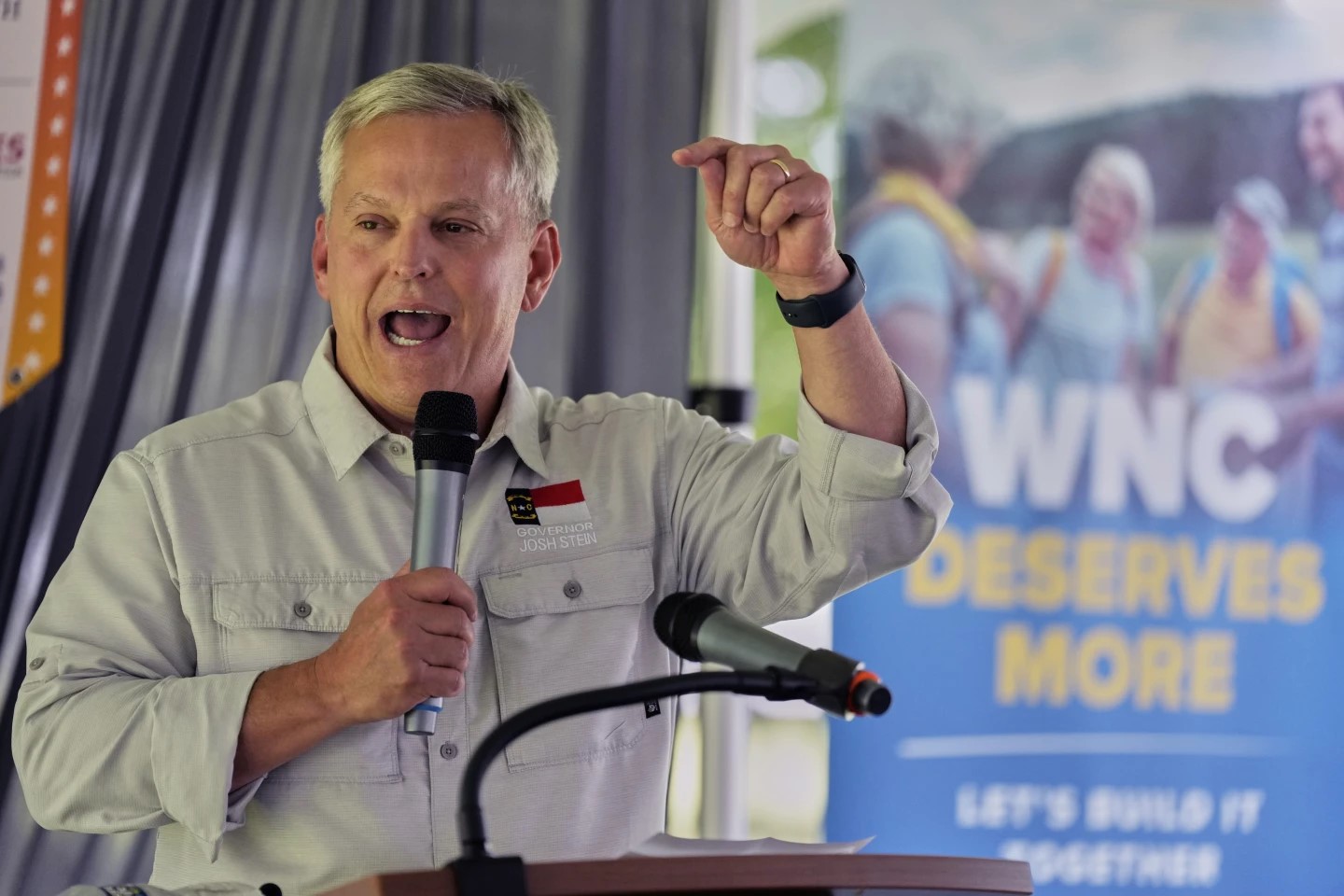At a highly anticipated hearing on Monday, a judge delayed a decision about the Leandro plan. The plan aims to provide more funding for public education across the state while investing in teacher recruitment and creating equity in the classroom; however, it continues to face political roadblocks.
The Leandro plan is a $5.8 billion investment over the next eight years. It comes from a 2018 report commissioned by the North Carolina General Assembly from the education consulting firm WestEd. The plan aims to fulfill the ruling from a court case more than two decades ago: creating sound, basic education for all.
At the hearing, Superior Court Judge David Lee gave plaintiffs in the case until November 1 to submit their suggestions for next steps to act on the Leandro plan. The defendants, who are state lawmakers, will then have a week to respond.
The parties last met in September where they were given the October 18 deadline to fully fund the first two years of the Leandro plan. The plan calls for $690.7 million this year and $1.06 billion next year. Those investments are part of Phase I and II of the plan, which are “highest-priority actions that require immediate attention, are fundamental to the success of other actions, and build critical capacity to sustain improvement.”
Lee’s decision on Monday gives lawmakers more time to reach a budget agreement to fund the plan.
Matt Ellinwood is the Director of the Education and Law Project at the North Carolina Justice Center. He said with budget negotiations ongoing between state leaders, it’s nearly impossible for the state to advance the goals outlined in the Leandro plan.
“This is really a check in to see where we are at year three in the plan,” Ellinwood said. “The state has submitted progress reports showing where they’ve made some progress on some of the goals, but the overwhelming majority of the goals have had almost no progress and the lack of available funding has been identified as the barrier to fulfilling those recommendations.”
The General Assembly has not agreed on a budget since 2018 and has operated on a continuation budget ever since. Ellinwood said he believes state lawmakers are leaving massive amounts of money on the table by not coming to an agreement.
“You could fund the Leandro plan with the amount of money that’s unspent in both budgets,” he said.
The Superior Court hearing on Monday largely focused on what action could be taken if a budget agreement is not reached.
Lindsay Wagner is the Director of Communication for the Public School Forum of North Carolina. She said it is disappointing the state remains without a budget three years later. Despite neither of the current proposals fully funding the Leandro plan, Wagner said they do bring some help to schools.
“This really puts our school districts in a tough position,” Wagner said. “We have increasing enrollment, increasing needs and having a state budget in place addresses those additional needs beyond just trying to function with old budgets in place.”
Wagner said she believes schools across the state are struggling financially and academically in the wake of the pandemic and it’s up to lawmakers to address the needs of students.
While the pandemic has been hard on students and families, North Carolina’s economy actually grew over the past 18 months. Estimates predict the state now has between $5 and $8 billion in cash reserves. Wagner said that money should be put towards fulfilling the mission of Leandro.
“Despite what we’ve all been through during the pandemic and the concerns we had for our economy, North Carolina is actually doing pretty well,” Wagner said. “Between what the courts have found and what the Leandro plan has identified in terms of robust investments and the fact that we have the resources in place, the time is really now.”
Creating sound, basic education for all has been the basis for Leandro since the original lawsuit in 1994. While that ruling has been upheld several times since then, Ellinwood said he believes we are still far from funding the constitutional minimum outlined in the WestEd report.
“It’s important to remember, we are talking about big dollar amounts — $5.8 billion over an eight-year period that needs to be invested in the pre-K through 12 system — but that would only bring us to about the national average in terms of school funding effort,” Ellinwood said. “It’s really nothing extreme being proposed here.”
School funding effort is the percentage of state gross domestic product spent on education. North Carolina currently ranks second to last in the country in this metric, spending just 2.3 percent of GDP on education. The national average is 3.4 percent, according to the Education Law Center.
Wagner and Ellinwood agree there is a pressing need to address Leandro and fully fund the plan. Ellinwood said, however, he did not expect a speedy resolution because any ruling in November will likely be appealed.
Chapelboro.com does not charge subscription fees. You can support local journalism and our mission to serve the community. Contribute today – every single dollar matters.



